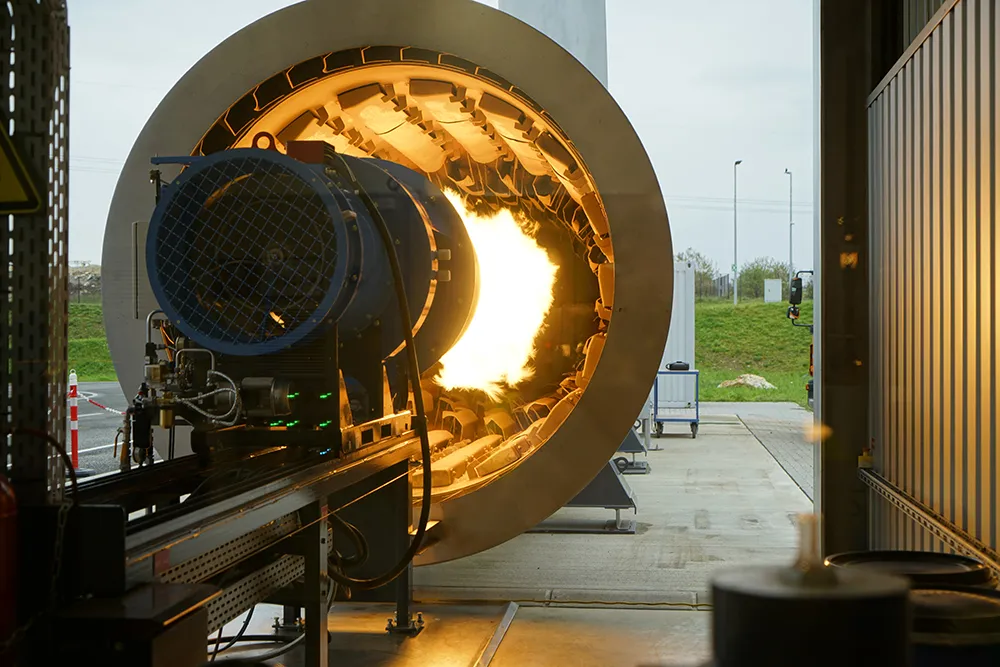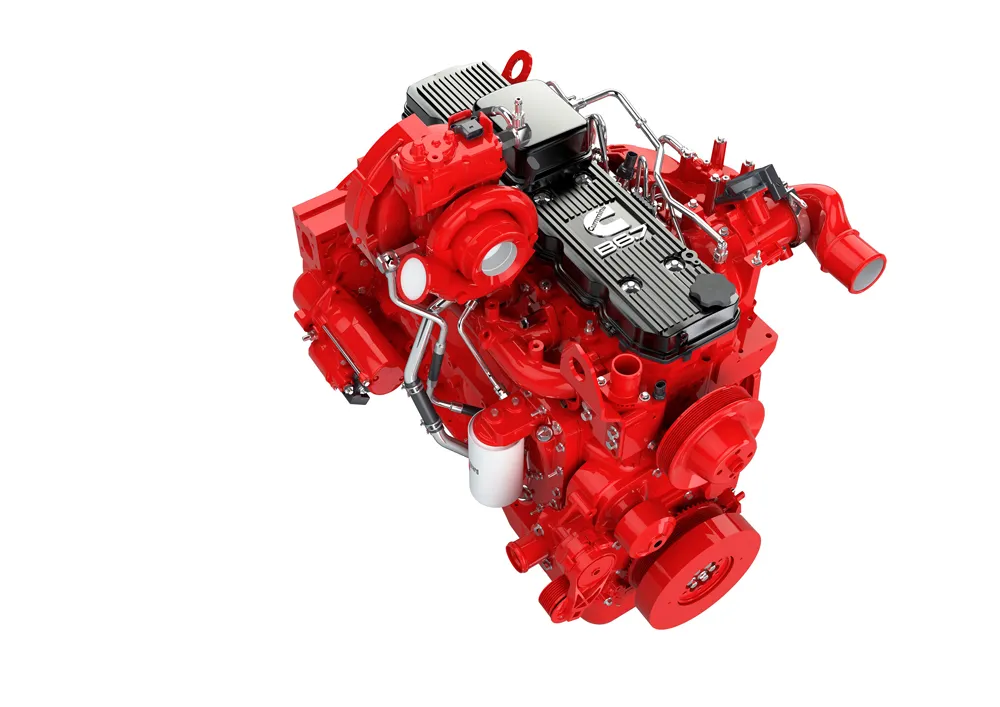The contract is the result of a tender from FP McCann for a replacement for their existing burner that would provide significant costs savings and increase the overall competitiveness of the business in today’s challenging markets.
FP McCann, based at Magherafelt in Co. Derry, are working at Boyd’s Quarry at Mallusk, near Belfast, a major source of high-grade aggregates for a wide range of construction and infrastructure projects.
Ian Lewis, ABS burner design engineer, said: ‘While we’ve been working with FP McCann for more than eight years in servicing and maintaining the existing burner and also involved in a wide range of the asphalt operations, we were delighted to win the competitive tender for a new burner.
‘We were successful because our new Vulcan burner dual-fuel and natural gas V16 burner has an established track record with major international operators in the provision of significant operational savings.
‘This is the first asphalt plant in Northern Ireland to install the Vulcan burner system to existing operations and is a very timely boost at a time when construction here has been adversely impacted by the economic downturn.
‘The Vulcan system was chosen as part of a substantial investment that includes the extension of natural gas to the asphalt plant within the quarry. FP McCann have invested substantially to upgrade systems particularly in terms of costs because the market here is now more competitive than ever. Making existing plants run more efficiently helps in the process of winning contracts as well as improving performance on environmental issues including a significant reduction in carbon emissions.’
Kieran Fields, FP McCann’s marketing manager, stated: ‘Like most companies, the economic downturn made companies focus manufacturing efficiencies in order to remain competitive. The installation of the Vulcan burner has reflected a 20% decrease in fuel and the installation of natural gas to our Mallusk plant has seen an important step in reducing our carbon footprint.’
The McCann contract is among a series of significant projects being carried out by ABS during 2013.
The Northern Irish company is undertaking important contracts for industry leaders such as Aggregate Industries, Cemex UK Materials and Eurovia Infrastructure. They have also secured significant business in China from a leading contractor there.








